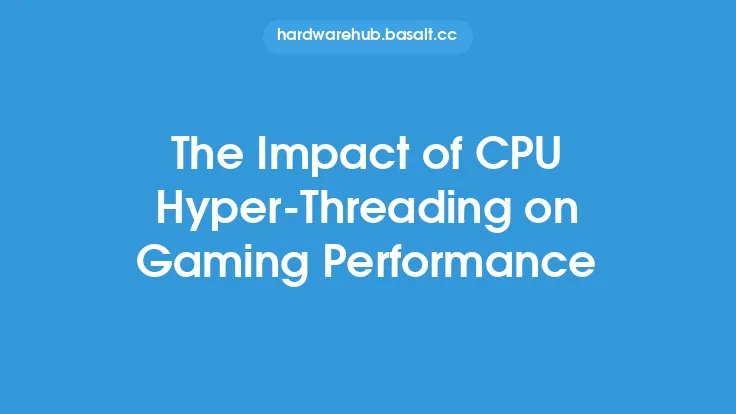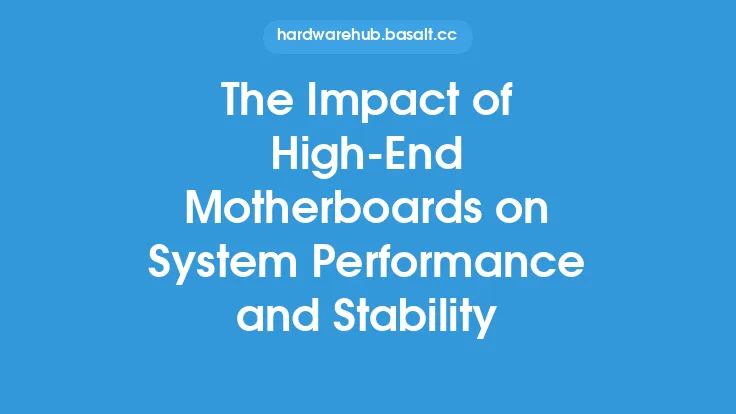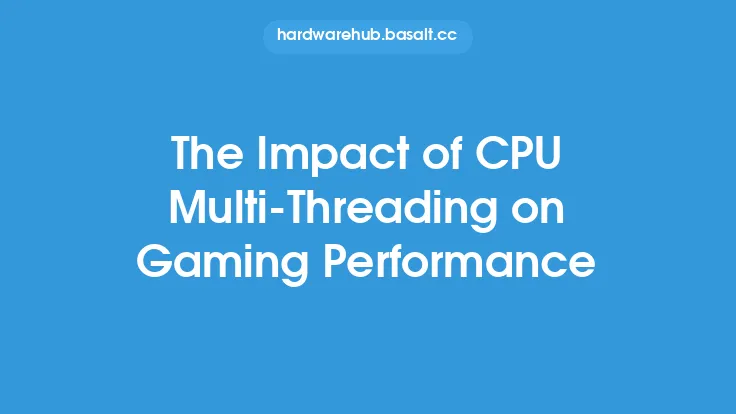The relationship between cache memory and gaming performance is a complex one, with the former playing a crucial role in determining the latter. In the context of gaming, cache memory serves as a high-speed buffer that stores frequently accessed data, allowing the central processing unit (CPU) to retrieve it quickly and efficiently. This, in turn, enables the CPU to execute instructions at a faster rate, resulting in improved gaming performance.
Introduction to Cache Memory in Gaming
In gaming, cache memory is essential for storing data that is repeatedly accessed by the CPU. This data can include game textures, 3D models, and other graphical elements that are used to render the game environment. By storing this data in the cache, the CPU can access it quickly, reducing the time it takes to render frames and improving the overall gaming experience. The cache memory is divided into different levels, with each level having a varying degree of accessibility and capacity. The most common levels of cache memory are L1, L2, and L3, with L1 being the smallest and fastest, and L3 being the largest and slowest.
Cache Memory and Frame Rate
One of the most significant impacts of cache memory on gaming performance is its effect on frame rate. Frame rate refers to the number of frames that are rendered per second, with higher frame rates resulting in smoother and more responsive gameplay. Cache memory plays a critical role in determining frame rate, as it allows the CPU to access data quickly and execute instructions at a faster rate. A larger and faster cache memory can significantly improve frame rates, especially in games that require complex calculations and data access. For example, games that use advanced physics engines or complex graphics rendering algorithms can benefit greatly from a large and fast cache memory.
Cache Memory and Latency
Another important aspect of cache memory in gaming is latency. Latency refers to the time it takes for the CPU to access data from the cache or main memory. In gaming, low latency is essential for responsive and smooth gameplay. Cache memory helps to reduce latency by storing frequently accessed data in a fast and accessible location. This allows the CPU to access the data quickly, reducing the time it takes to render frames and improving the overall gaming experience. However, if the cache memory is too small or too slow, it can lead to increased latency, resulting in choppy and unresponsive gameplay.
Cache Memory and Multi-Threading
Multi-threading is a technique used by modern CPUs to improve performance by executing multiple threads or processes simultaneously. In gaming, multi-threading can be used to improve performance by executing different tasks, such as physics calculations, graphics rendering, and audio processing, simultaneously. Cache memory plays a critical role in multi-threading, as it allows each thread to access data quickly and efficiently. A large and fast cache memory can significantly improve multi-threading performance, especially in games that use multiple threads to execute complex tasks.
Cache Memory and Game Development
Game developers can also optimize their games to take advantage of cache memory. By using techniques such as data localization and cache-friendly data structures, developers can improve the performance of their games by reducing the number of cache misses and improving data access times. Cache misses occur when the CPU accesses data that is not stored in the cache, resulting in a slower access time. By minimizing cache misses, developers can improve the performance of their games and provide a better gaming experience.
Conclusion
In conclusion, cache memory plays a critical role in determining gaming performance. By storing frequently accessed data in a fast and accessible location, cache memory allows the CPU to execute instructions at a faster rate, resulting in improved frame rates, reduced latency, and better multi-threading performance. Game developers can also optimize their games to take advantage of cache memory, improving the overall gaming experience. As gaming technology continues to evolve, the importance of cache memory will only continue to grow, making it an essential component of modern gaming systems.





